Gold medals fill the depression of dissatisfaction: why China's tennis culture has changed from a disseminator of rules to an abuser
"The ultimate goal of sports is to create a complete person, not to create a perfect winning machine."
The day before yesterday, after the publication of "The Most Personable French Open? But it is like a mirror that reflects the lack of trust culture in domestic tennis" has caused controversy among many readers in the comment area, and I think this just reflects the importance of this topic. Therefore, I decided to start another article on this topic, and before starting today's article, we can first explore some interesting comments in the comment section.
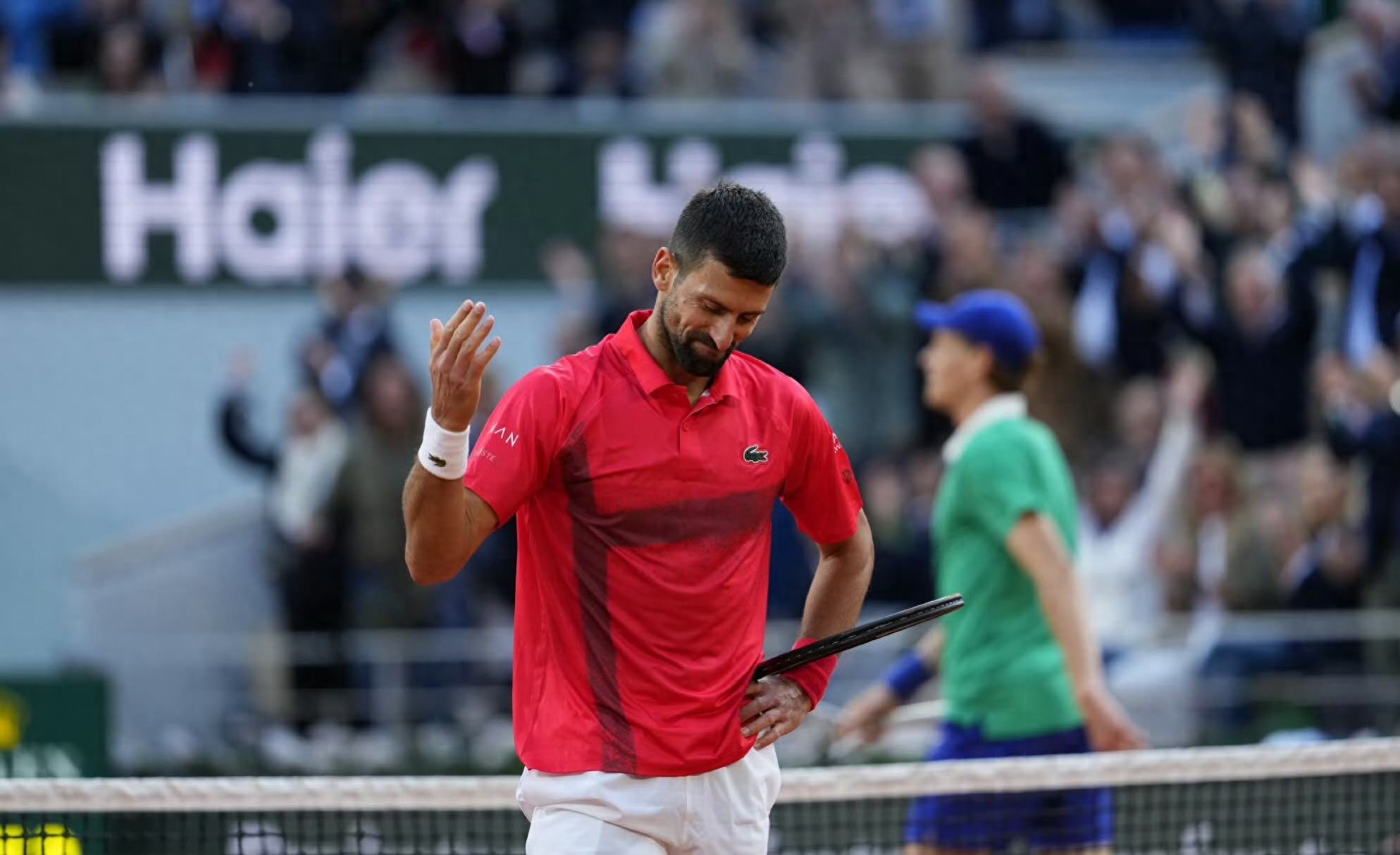
Message 1:Some readers thought, "The so-called tying of shoes, changing rackets, frequent empty throws, and going to the bathroom are all within the scope of the rules, and is it inappropriate to forcibly link these behaviors to the level of sportsmanship?" ”
Answer:This is a very representative comment, first of all, I don't think that "sportsmanship" can be equated with "rules", I agree with "the rules are reasonable", but I don't agree with the views of netizens: "The rules are noble!" "We have to distinguish between what the rules allow and what is not necessarily morally allowed, and there are too many things that are allowed by the rules, but this does not mean that the things that are allowed by the rules are of high character. On the professional tennis court, many people know what is the purpose of using this series of small moves on the court, such as the one mentioned above. There are also so many examples that prove that many players have benefited from "making good use of these rules", and even turned defeat into victory! Therefore, it is clear that this cannot be used as a reason to "discourage criticism". Secondly, I agree that "a player can make appropriate use of the rules within the limits of the rules", because there is really nothing to say about it except for some moral condemnation, "the rules allow", you can, he can, everyone can. But I don't think that these little tricks can be put on the table, in other words, in the French Open final, these three players have every right to use the rules in this way, but obviously, they didn't do it, of course, this is not the only reason for their sportsmanship, there are too many reasons to say that they are noble, not this one.
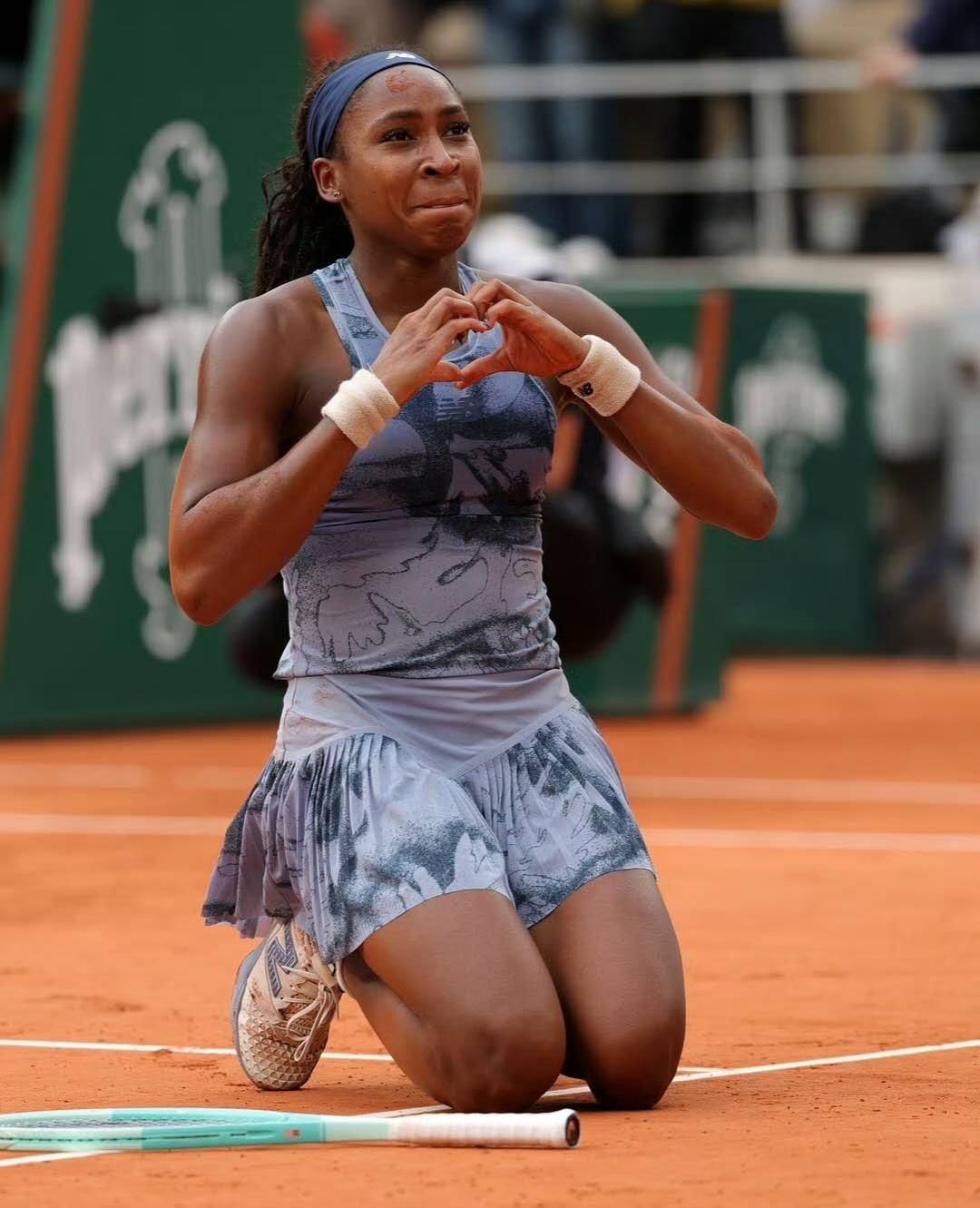
Message 2:"Excuse me, are these problems you mentioned not abroad? Why is it that every time the topic of trust is mentioned, the spearhead is pointed at the country? Isn't this a flattering foreigner? ”
Answer:Of course not! But obviously, we are not talking about the so-called "commonality of human beings", but about the "cultural disorientation" of tennis culture in the process of spreading in China. So, of course, our target is the phenomenon of tennis culture in China, and many people will ask, "Is there no such phenomenon of cultural disorientation abroad?" Why don't you mention anything about foreign countries? Obviously, I would like to say that there are many countries abroad, and it has taken many years for Japan to receive the baptism of tennis culture, so if you want to say which country, and when you use a general term like "foreign" to deny reality, isn't this also a change of concept? I think, obviously, the premise of discussing a problem is to find a problem, and the premise of finding a problem is that there is a problem, what kind of environment we live in, what kind of problem will happen, what kind of problem will be brought up by someone, we don't need to run away from the problem itself, because this is the meaning of the discussion itself. For more questions on this issue, you can check out the article "A Letter from Abroad About the Trust System: Domestic Tennis Tournaments May Be Going Astray", and the subsequent articles are all sequels to this article.
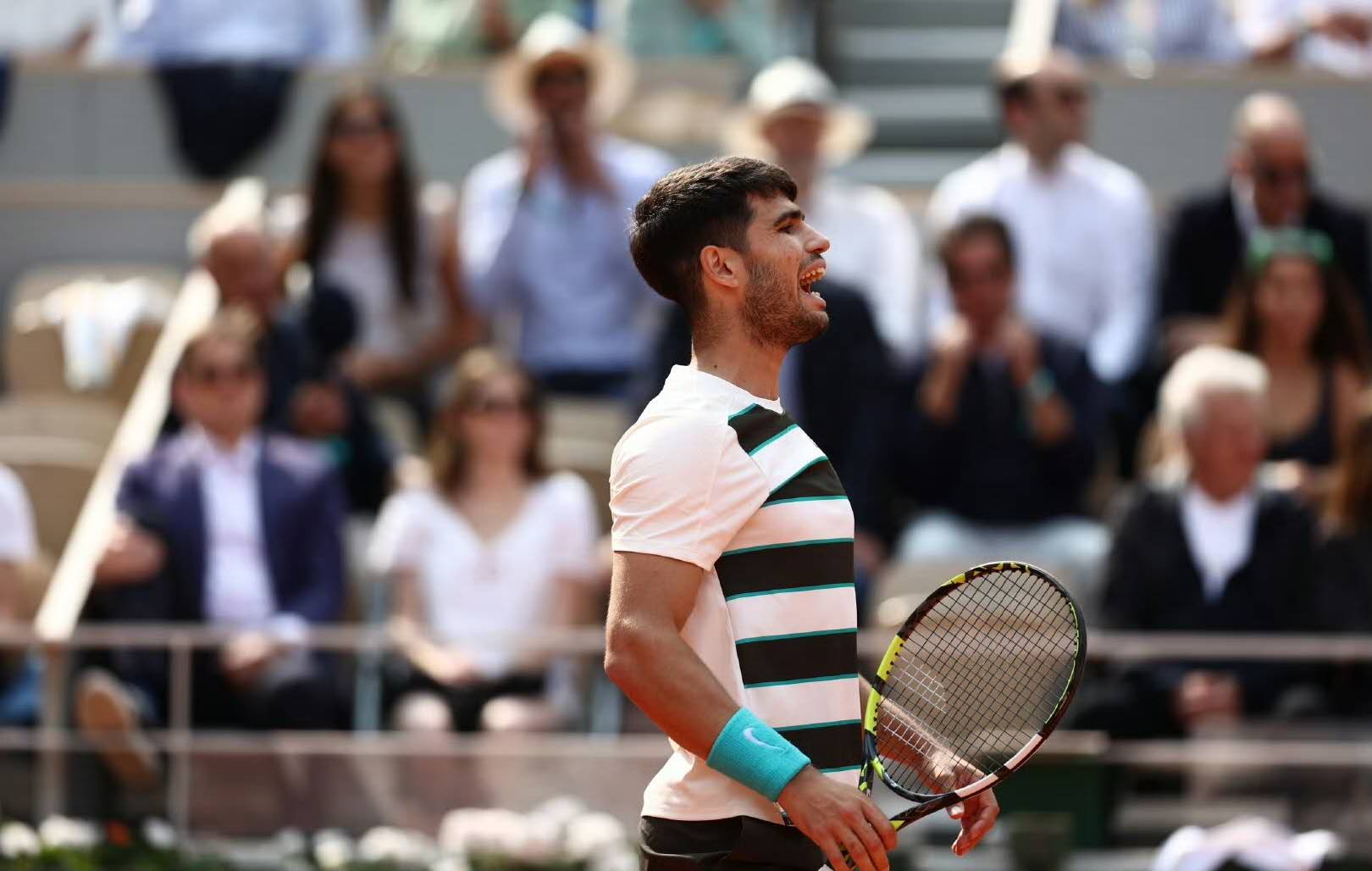
Message 3:"May I ask you that all this is limited to tennis? Since other movements have similar situations, it means that this is a common problem, so what is the point of raising it? ”
Answer:In my opinion, this question, like the second one, ignores the core of our article, which is to use such a phenomenon full of sportsmanship to counter the chaos of domestic "trust system" rules, and the root cause of this chaos is "the structural lack of culture". So obviously, are these three players other sports? Is the rule of trust a rule that other sports have? Therefore, it is clear that this is not a so-called "common problem in the sports system".

Message 4:"I was relieved to see the messages from netizens, labeling, changing concepts, moaning sickly, and pretentious cynical articles, I should be able to score 62 points in the college entrance examination."
Answer:Obviously, I don't think all of this is very negative, very cynical cynicism, in fact, these are very valuable and meaningful discussions, and we have come up with a lot of precious and effective solutions to the problem, which is obviously not a "boring social critique". In recent years, as the organizer of low-level tournaments and the head of some associations, I have often been responsible for the behind-the-scenes planning and organization of various tennis tournaments in Beijing, and the experience of participating in the early years has made me even more convinced: Chinese tennis must not go on like this. Therefore, I think that the "trust system", or in other words, people's respect for the spirit of sportsmanship, and respect for the value position of "rule first" is really, really important! Society needs more people to speak up for this, and society also needs more good examples, good role models to let young people see the pure charm of tennis itself, which should not be the case! It shouldn't be forever!
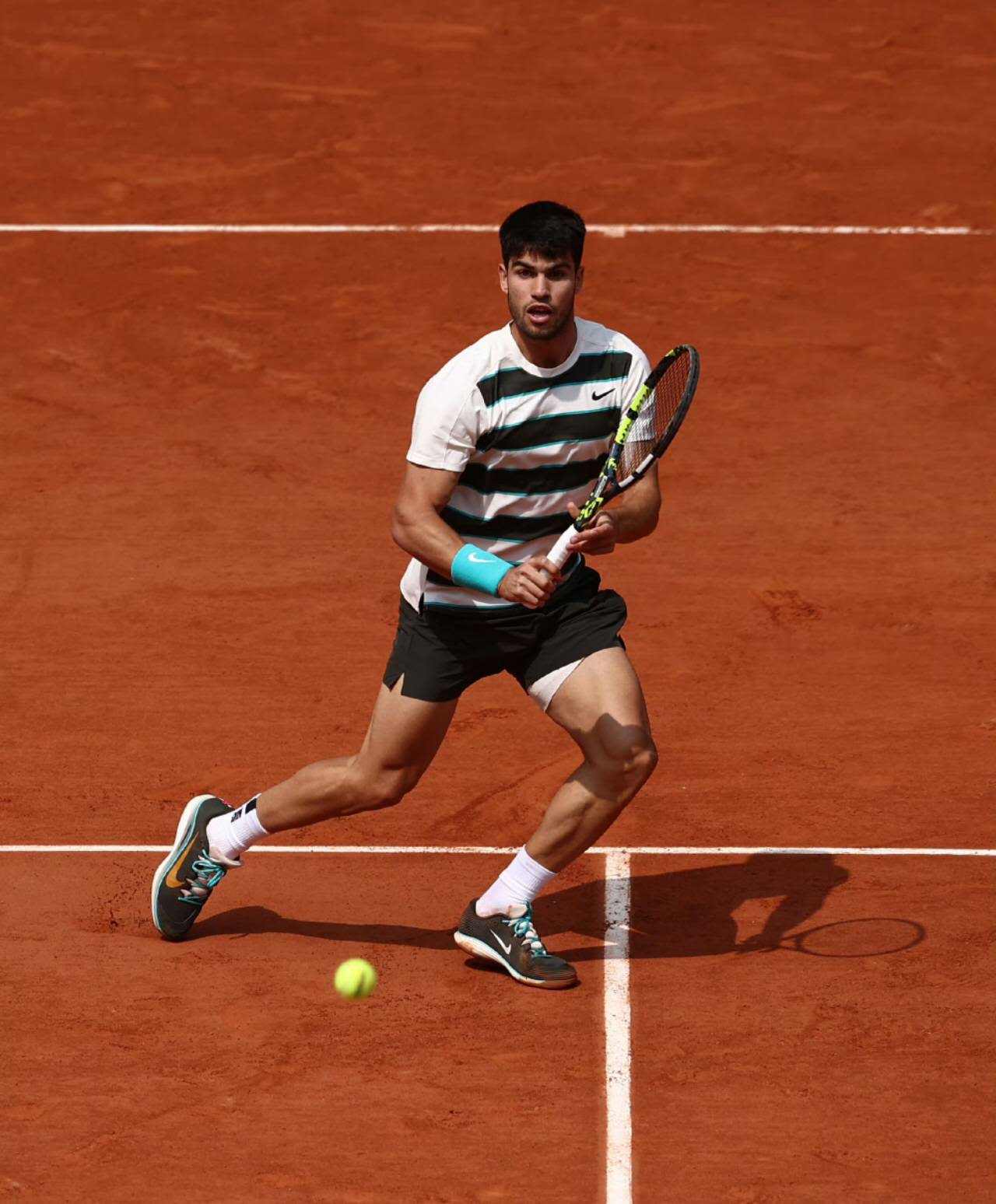
Message 5:The author's original intention is that the intentional small actions of compliance, even if they are understandable, cannot be used as a moral model, and if they are intentional, they are unfair to the opponent. If someone evaluates whether the small action is in line with the principle of fairness, then it depends on whether both parties are doing the small action. Since some people say that there should be no double standard, then the other party does small actions and you don't do them, don't question other people's small actions, and everyone will compete to see whose small actions can win the audience better in the future. The solution to this problem is actually very simple, players who are dissatisfied with the opponent's small actions can appeal, otherwise what are the rules and referees doing? But the meaning of the editor is obvious, that is, winning without making small moves is the direction we pursue and the spirit of pure tennis. ”
Answer:This netizen named "Benevolent" really knows my heart, and I believe that you are also a true "fan" who understands tennis, loves tennis, and loves to play tennis! At the same time, it also makes me sigh that Shanghai is worthy of being the cultural capital, and it is no wonder that the Shanghai Masters has always been the city with the highest quality of spectators in the country! Obviously, this is the focus of my article, in fact, the so-called sportsmanship, the so-called trust rules, in one sentence, is "pure", this purity contains two aspects, one is pure, the other is clean. I want to use the decision of Sinner and Arca to change each other's favor to show many people that winning or losing the game is important, but the brilliance of humanity is even more precious! Tennis itself is a very pure, very simple sport, it allows us to meet new friends, but also allows us to respect the opponent in every point on the court, but also to achieve a closed loop of self-respect, I believe that people who truly love tennis must also be "humble gentlemen", and those "thieves" who use the rules have lost their conscience as human beings even if they win the game.
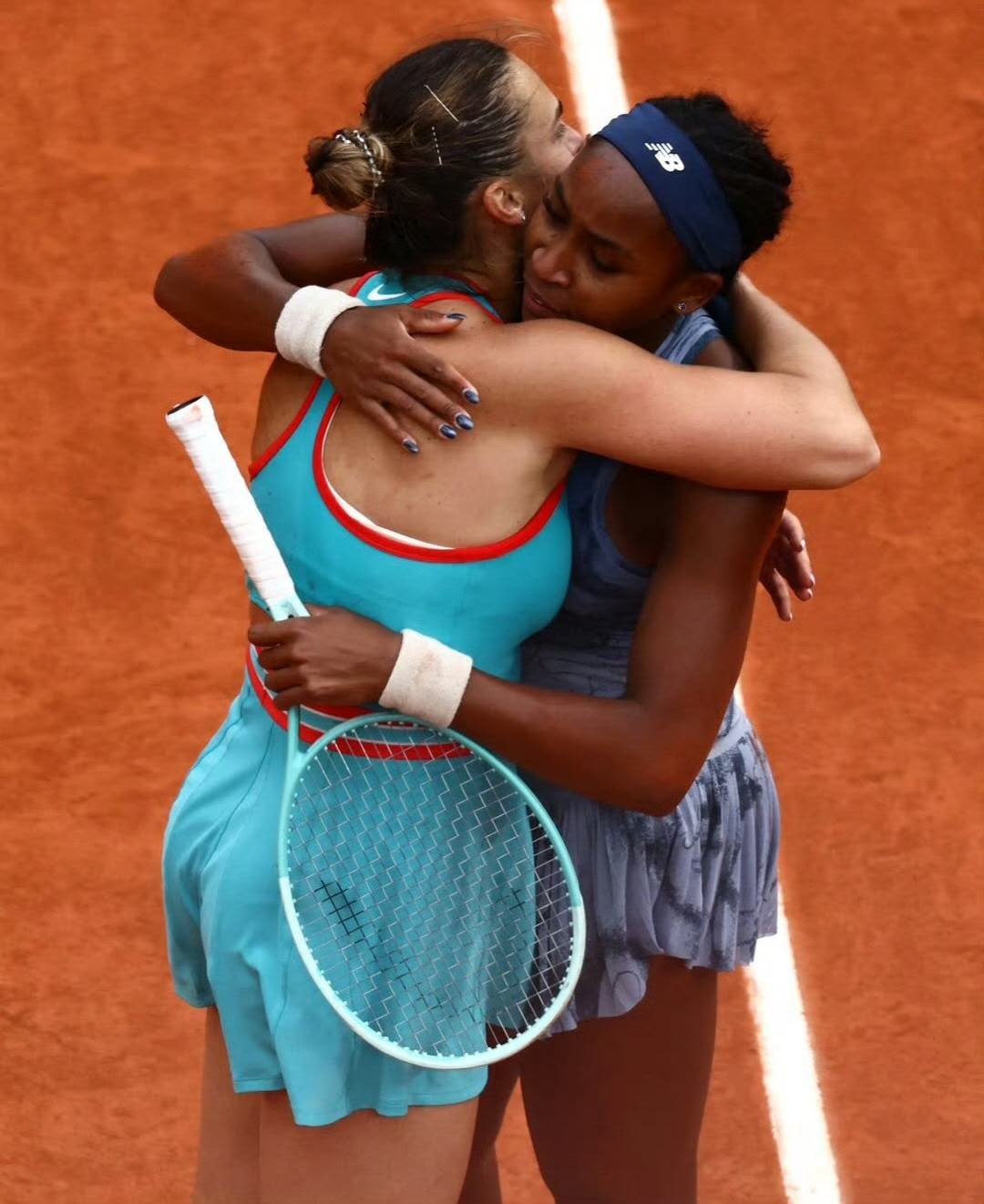
So, let's talk about the "trust rules" of tennis! The so-called trust system, in fact, simply put, means that there is no referee and driver in the tennis game, and whether the ball is out of bounds, the score in the game, the score of the game, and the final win or loss are all decided by the players on the court based on the principle of "mutual trust".
There are many fans who will say that the trust system is a rule that only exists in amateur games, and there are no such rules in professional games. In fact, in some low-level ITF events and international junior events, the trust system exists, and it is quite common. And even in many of the more advanced ITF events, there is only one referee, and most of the balls are decided according to the trust system, and the referee is only responsible for some "controversial" decisions. Therefore, discussing the rules of trust system is definitely not exclusive to amateur tennis, but is of great significance to the entire tennis development ecology.

However, the biggest problem with such a rule is the disputed ball, mainly whether it is out of bounds.
In fact, the answer given in the definition of trust system has been very clear, that is, the basic principle of trust system itself is "mutual trust", which means that players must unconditionally trust the opponent's decision. Often, the moment a disputed ball occurs is when one side challenges the decision of the referee, and the absence of a referee can lead to an abrupt interruption of the game.
The final outcome of the disputed ball is roughly three: either one party compromises and stops questioning; Either the referee's player has no choice but to change the award and concede this point; Either the two sides reach an agreement, and this point will eventually be replayed.
However, ideals are ideals after all, and the reality may be more complicated, such as one side in the game frequently taking advantage of loopholes in the rules to make decisions against the opponent, or two sides in the game rely on each other, so that the original game eventually turns into a physical conflict, allowing the conflict to escalate.
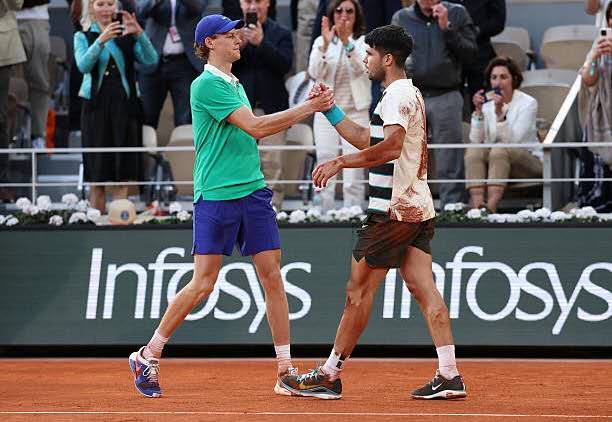
Actually, whenever my mind gets here, I get caught up in a kind of contradiction. The day before yesterday, I had a long discussion with Jeams, and I said, "I'm thinking about whether we can just talk about the small and not so divergent, and discuss the trust system about the trust system, without involving the lack of culture and the quality of the people." But obviously, none of us can give a satisfactory answer to this kind of question. What are the causes of the trust system chaos? Where do we attribute this to this? Is it a lack of culture? Is it national literacy?
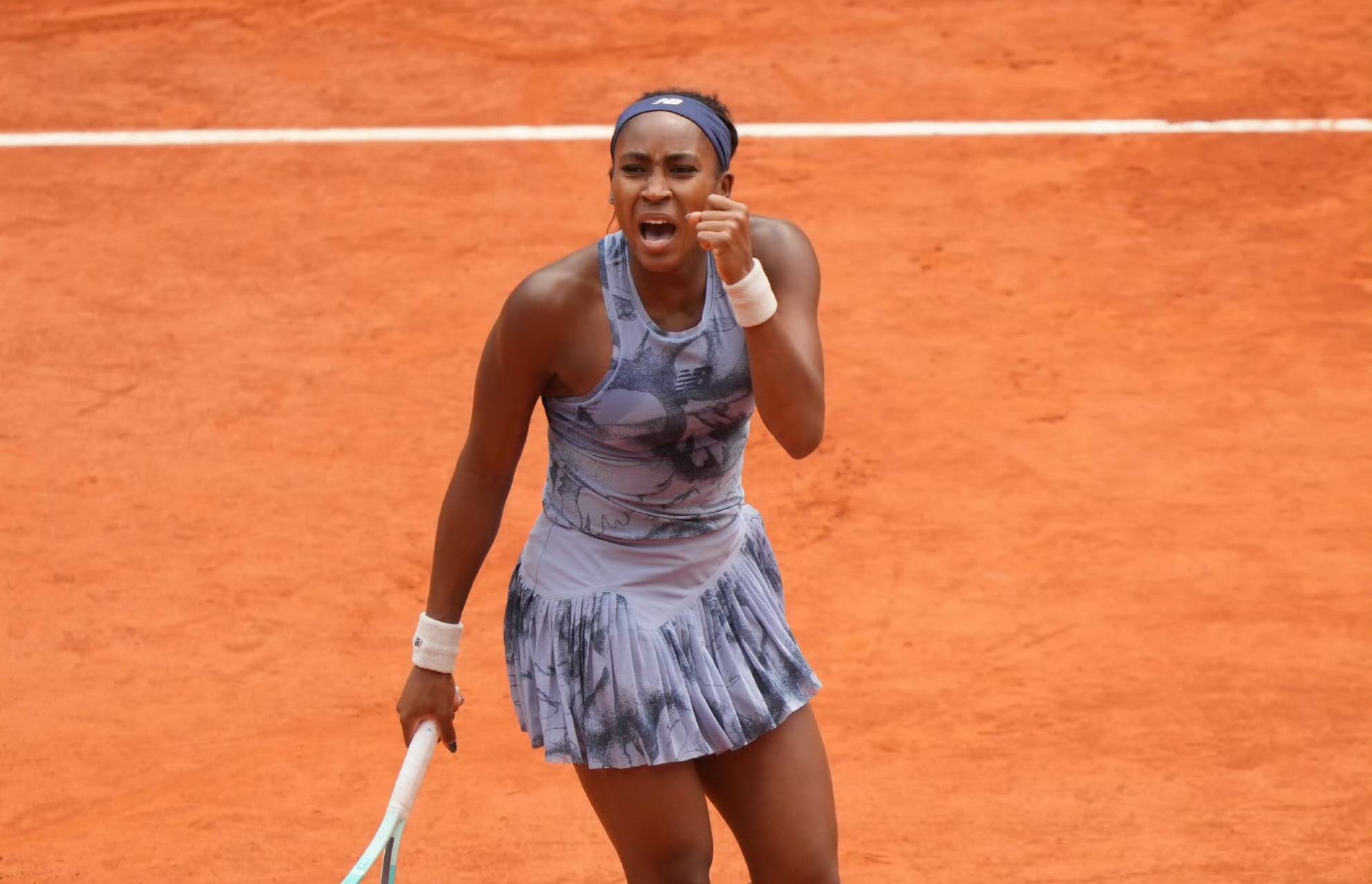
As far as this is concerned, I think that it is significantly much better abroad than at home. Don't rush to deny it yet, although I have never been abroad, there are at least three reasons why we are powerless to refute this point in foreign countries that make us believe in the truth of this.
First, foreign countries, especially in Europe, have a very well-formed and complete competition system, but we are still in the "happening stage" of this. To put it more bluntly, a complete set of training and competition systems have been established in foreign countries, from youth to university to professional tennis leagues, and we not only have outdated training concepts and training programs at this point, but also have no corresponding physical fitness and physiotherapy systems to assist athlete development.
Second, because of the complete tournament system, the behavior of players is relatively easier to be restrained and managed. Obviously, many netizens said that there are also many very excessive behaviors abroad, of course, just like saying that there are good people and bad people everywhere. However, due to the existence of a complete competition system in foreign countries, players will have corresponding files and materials for participation, and players' behavior must be subject to certain control, and once they violate the rules, they will be punished. However, at this level, players are almost absolutely free, and there is no way to impose any sanctions or punishments.
Third, in a complete competition system and an environment with rewards and punishments, tennis culture can have the soil and online chat to take root. In recent years, our country has been shouting slogans, trying to improve tennis culture and athletes' spiritual civilization quality, however, the premise of this slogan is where your "social foundation" is, and the development of China's tennis is not a slogan that can be shouted, which requires the efforts and construction of several generations, and also requires the whole society to pay attention to this issue.
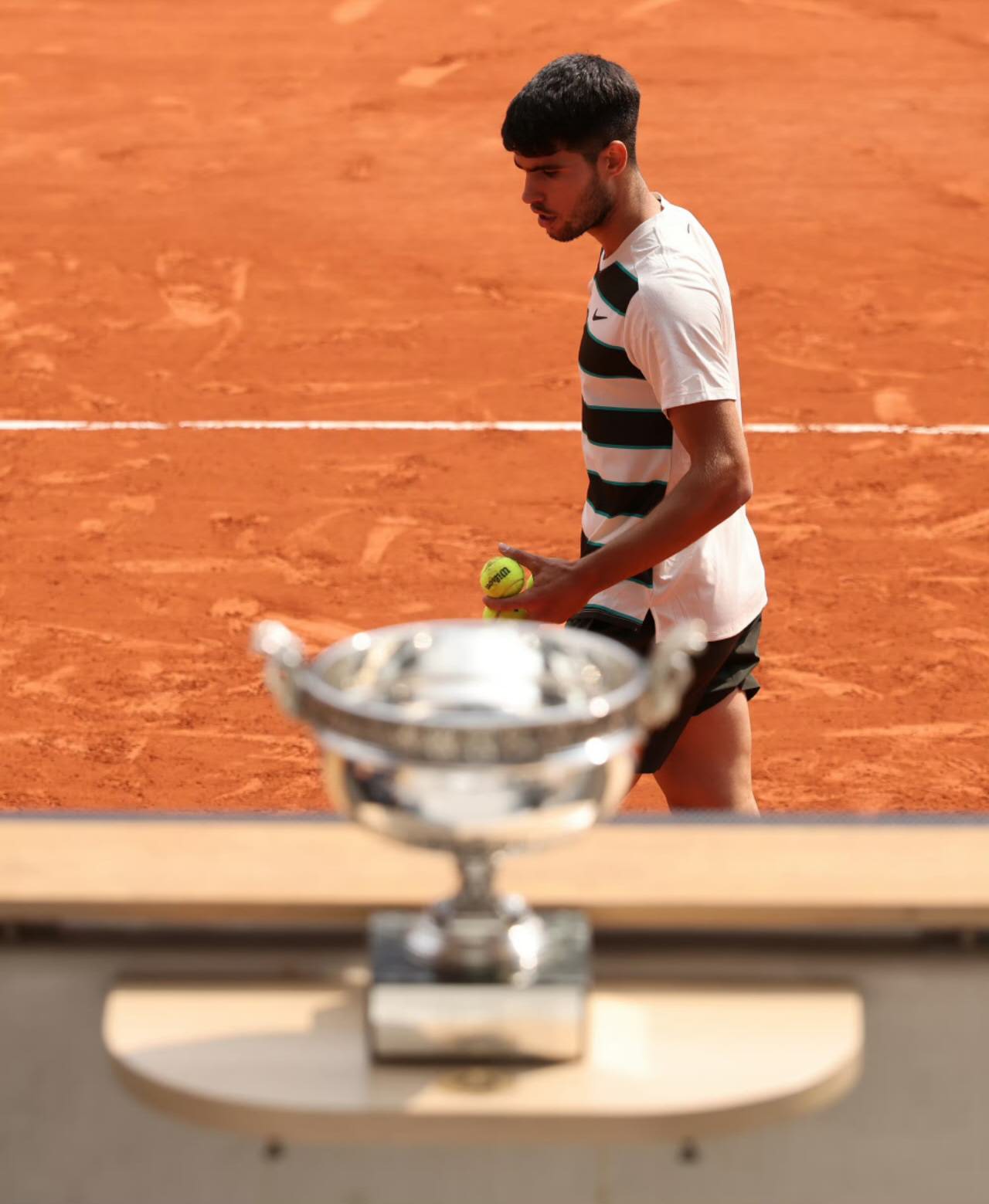
But obviously, in recent years, the problem has been getting worse, and the reason for the deterioration is very important is the malicious guidance of some people.
When we try to search for questions about what to do if a player is relied on on the ball in the trust system on the court, you will definitely search for some "tricks" openly taught by the tennis self-media: directly rely on it and fight violence with violence!
We also found that some domestic coaches even directly suggested that players set up honest characters when they were not at key points, and secretly cheated at key points. On the Internet, we can even search for an article with a title that reads bluntly: "When the opponent hits the line, how to play calmly and quietly?" 》。 It is hard to imagine that when this kind of "despicable trickery" is packaged as "wisdom of the rivers and lakes", it is not only the foundation of Chinese tennis culture that poisons the foundation of Chinese tennis culture, but also the brains of young players.
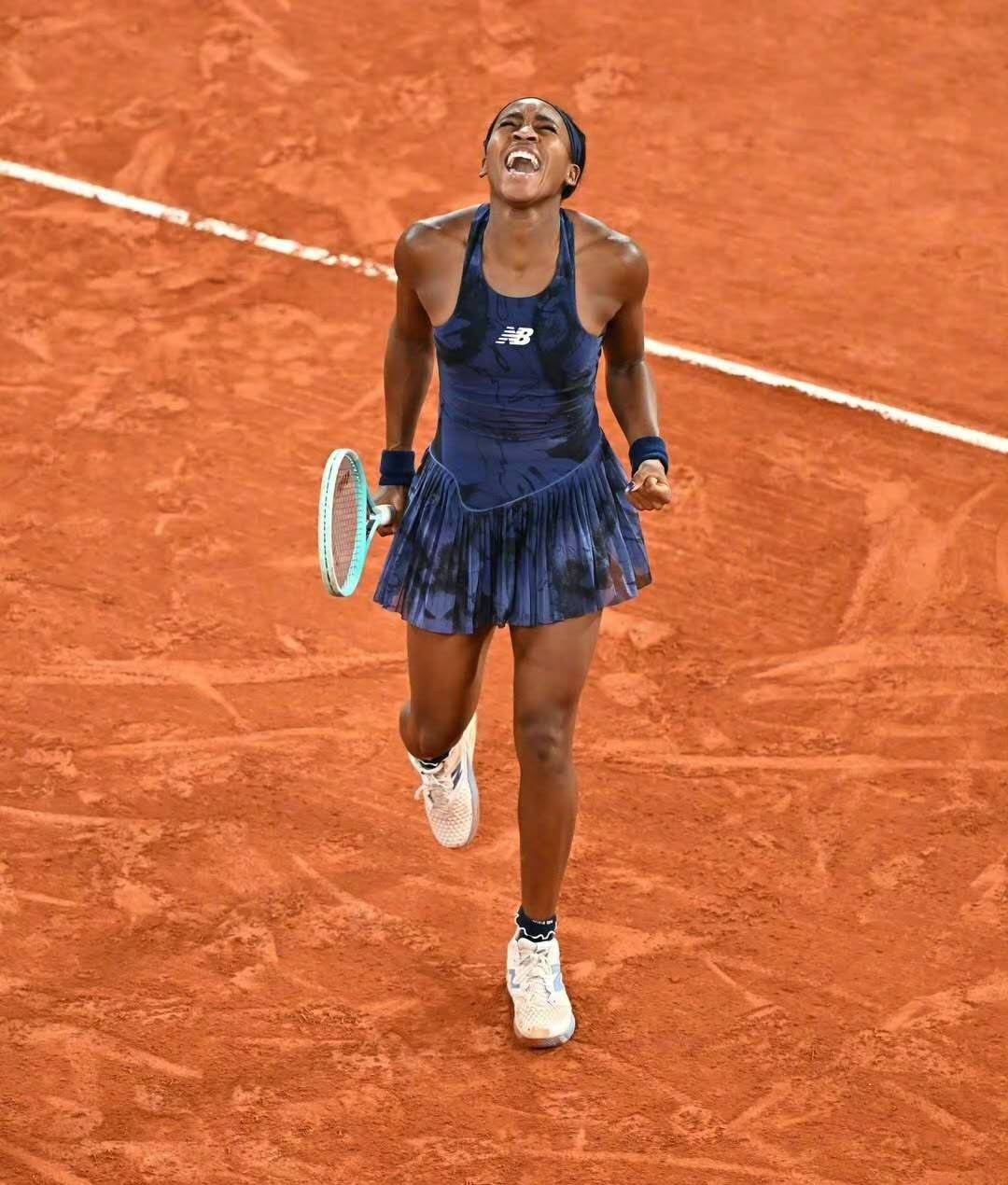
Then many netizens will ask, what if you don't "fight violence with violence"? Just endure it? Do you condone the other person's immorality? Actually, that's the point of our discussion, and in the previous article, I mentioned a lot of methods, such as establishing a "good faith list" and a mutual evaluation mechanism for players, and for example, you can design "green points" for players, and ban or disqualify players who have less than a certain number of points.
So, what about each of us? In my opinion, the key to the problem is "self-regulation", and we need to learn to trust others instead of clinging to our own judgments, which is the most fundamental reason for disputes.
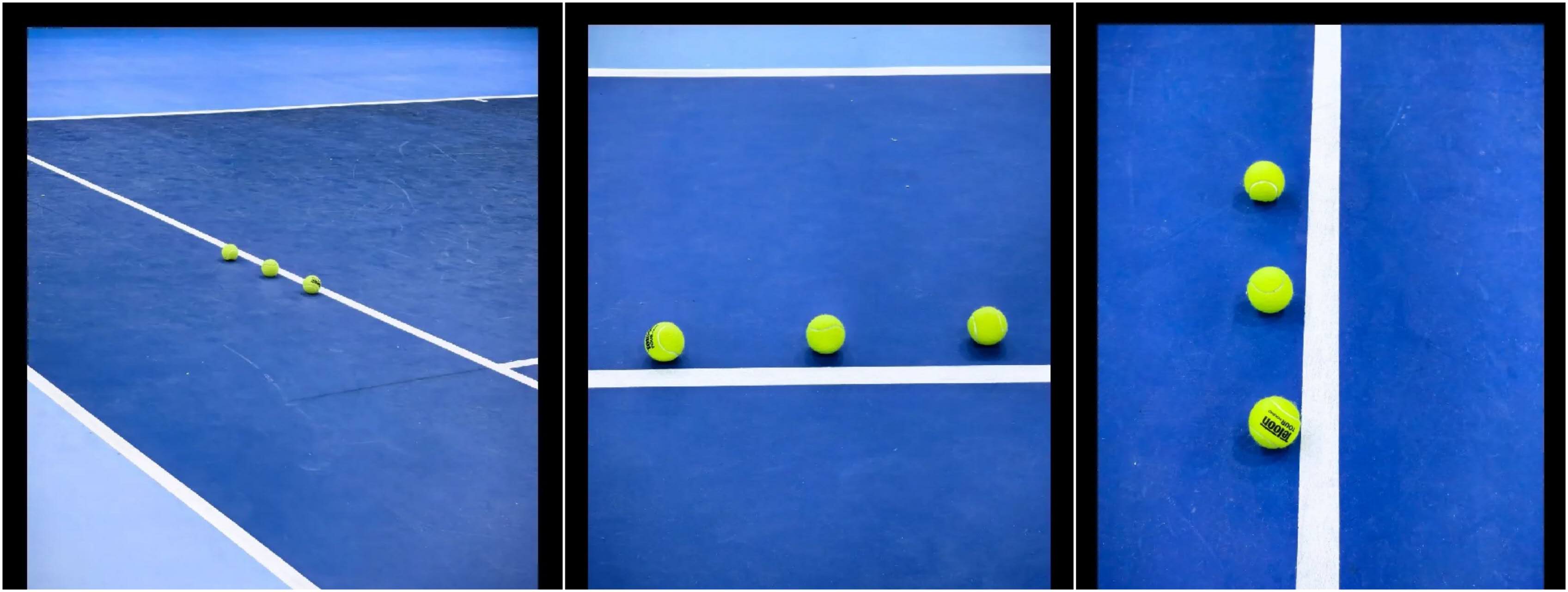
For example, a netizen's sharing is very good, he listed several "visual errors", such as the perspective of the batting side looking at the bottom line and the perspective of the returning side, and then the perspective of the serving side looking at the service area and the perspective of the receiving side, and then the perspective of the audience and the perspective of the actual player and the line of the division, you can see that vision can really deceive people.
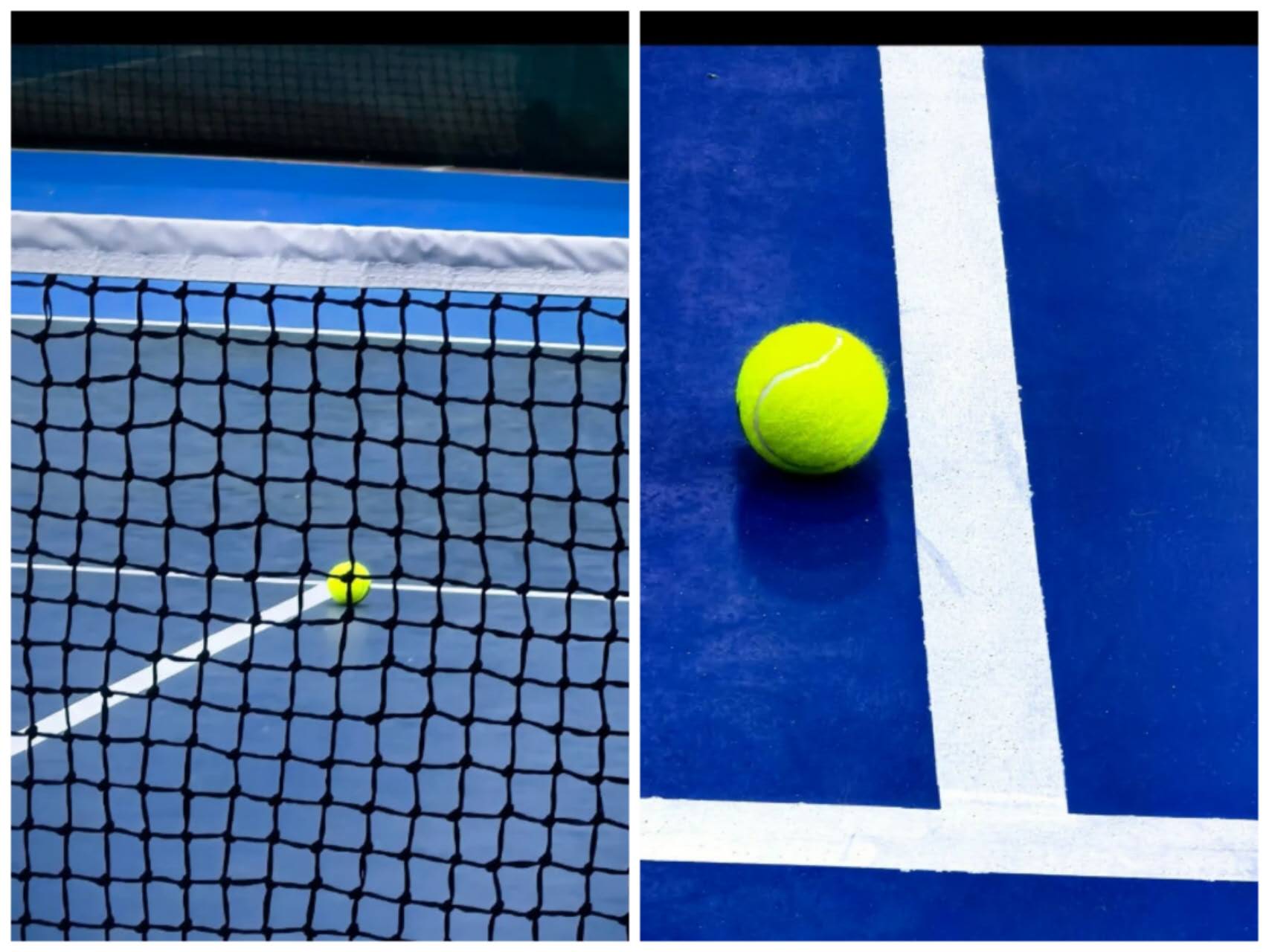
He also cites the findings of Gerrit Maus of the University of California's Department of Psychology, which goes something like this: "The brain can create optical illusions to compensate for the speed at which the eyes follow the trajectory of objects." To determine the course of movement, the brain may "brain fill" up the specific location of an object, even if it is incorrect. This is the so-called "flash lag effect", and in the field of sports, this is the scientific proof that human referees cannot achieve perfect decisions! ”

Finally, with regard to the trust system, I would like to say that the core of the "trust system" is "mutual trust", and behind this unconditional "trust" is human nature and sportsmanship. Tennis is not only a contest of technique and physical strength, but also a demonstration of sportsmanship. As many people say, the quality of the ball is the character, and every time a player determines the landing point of the ball, it is not only a judgment of skill, but also a judgment of personal reputation and character. We might as well try to trust our opponents, we might as well relax and tell ourselves that I can play better in the next point, we should believe: "Those thieves who make good use of the loopholes in the rules to win cannot win all the time, and those honest players who respect the rules and respect the opponent, they have won all the respect and personality, and when each of us goes to be the perpetrator of the rules, the meaning of the rules will be completely subverted, don't let humanity live so naked!" ”(Source: Tennis Home Author: Lu Xiaotian)
(Note: Some of the pictures at the end of the article are from the article: "Trust System Tennis Game Rules", thanks to the original author Lao Zhou!) Thank you to New Zealand tennis Jeams for your support and encouragement, and thank you to my friends who gave me advice and encouragement, thank you very much! )







 Links
Links
 Contact
Contact
 App
App


